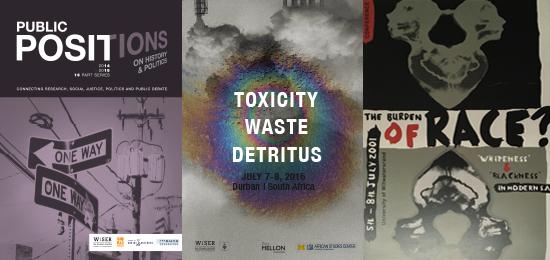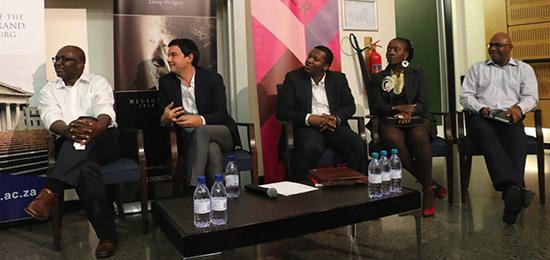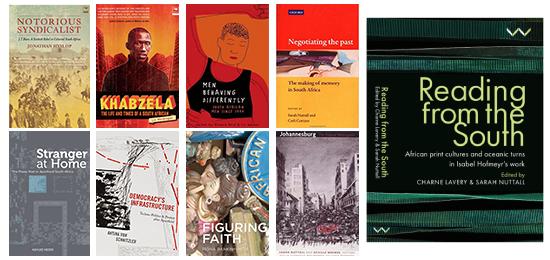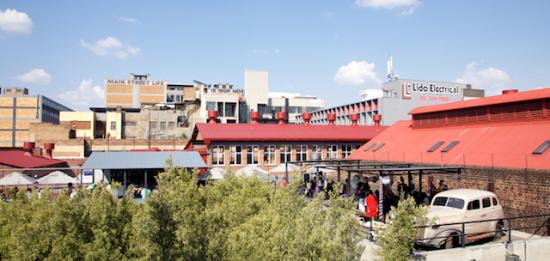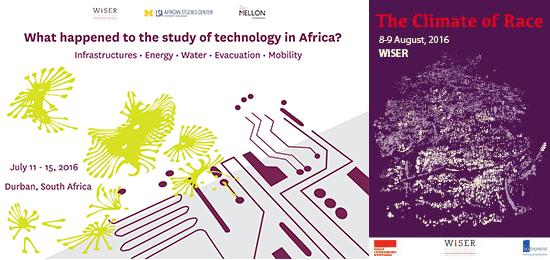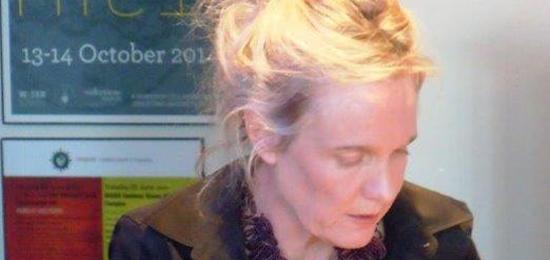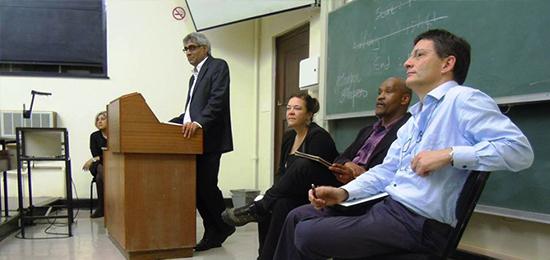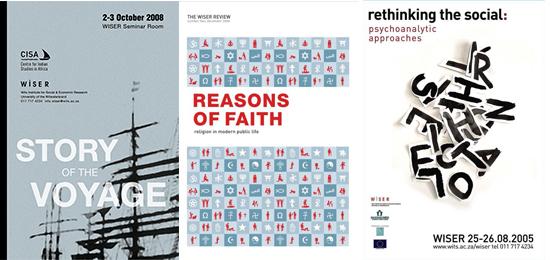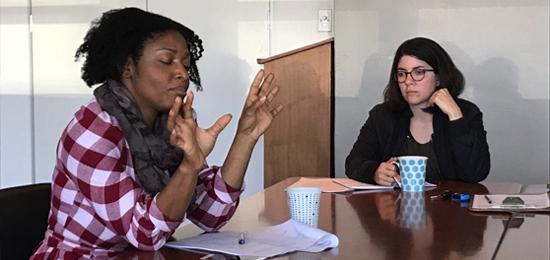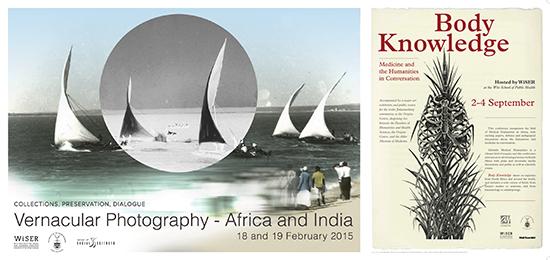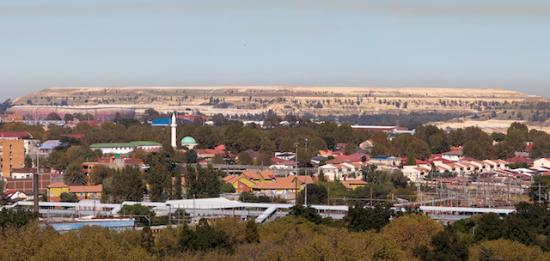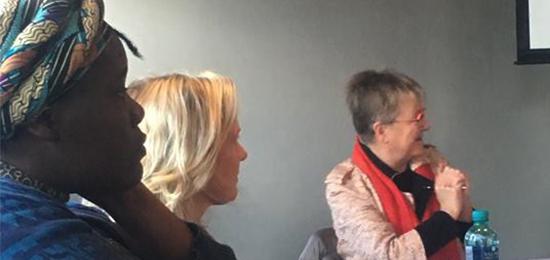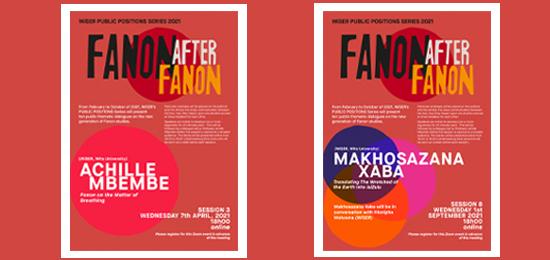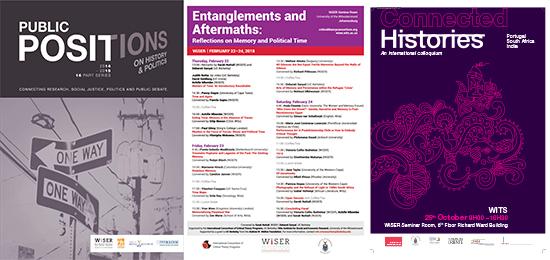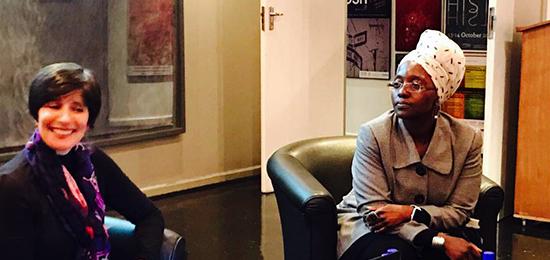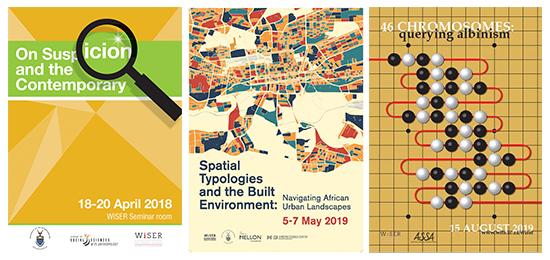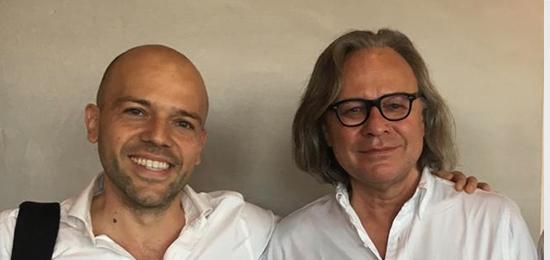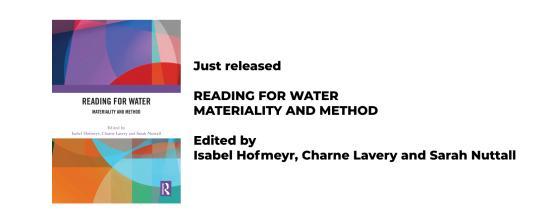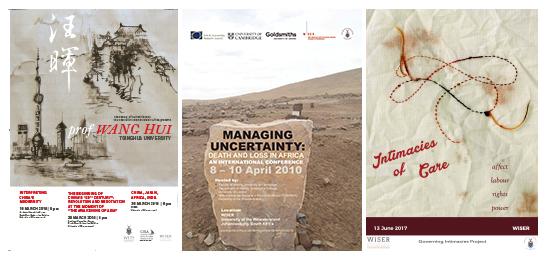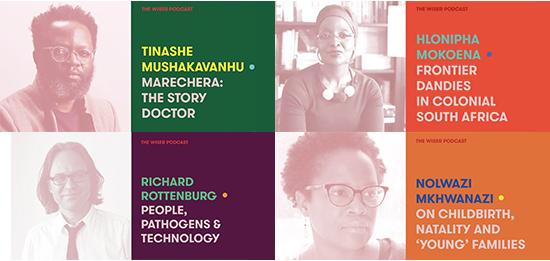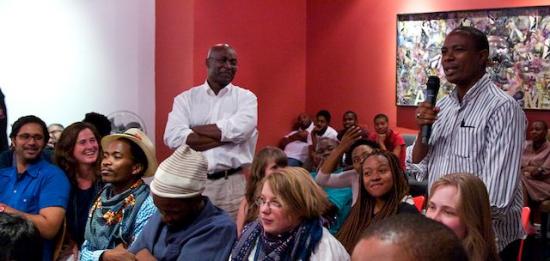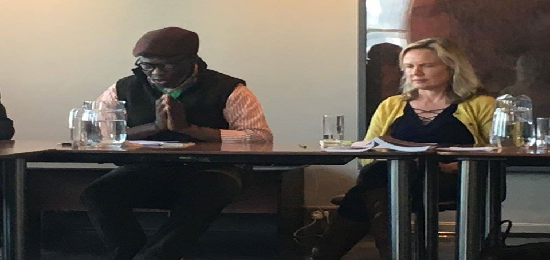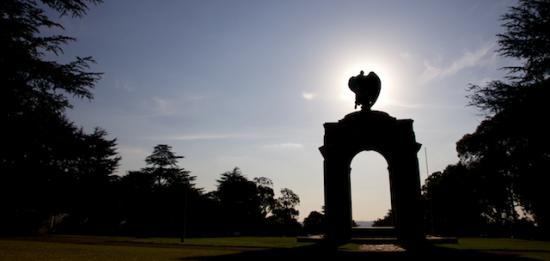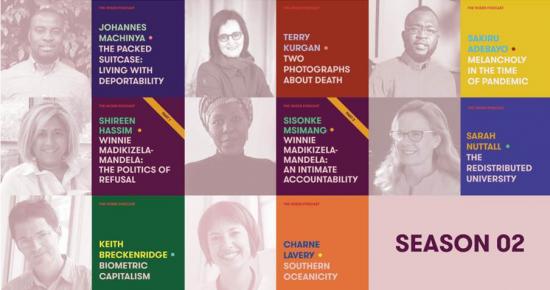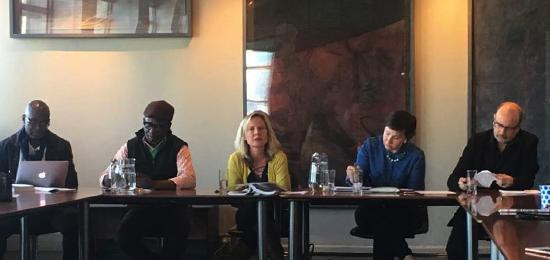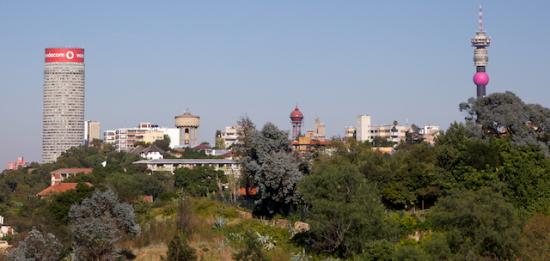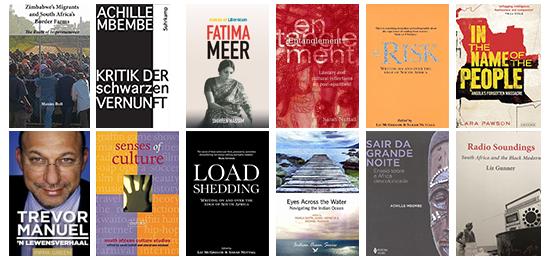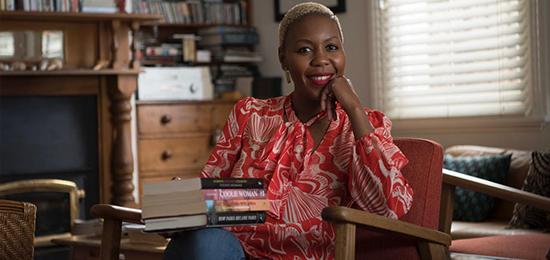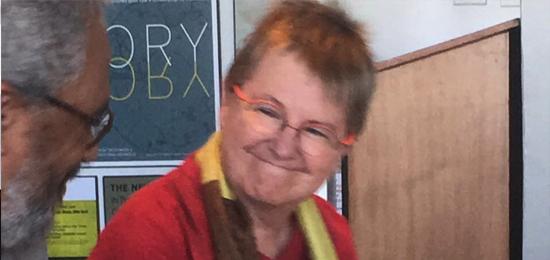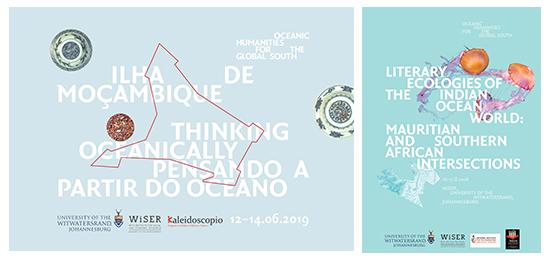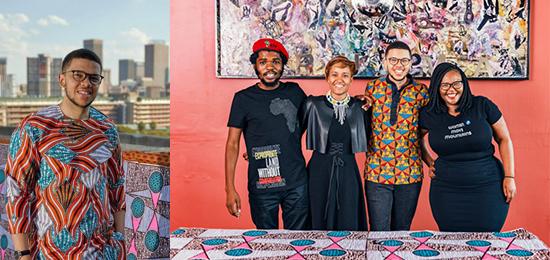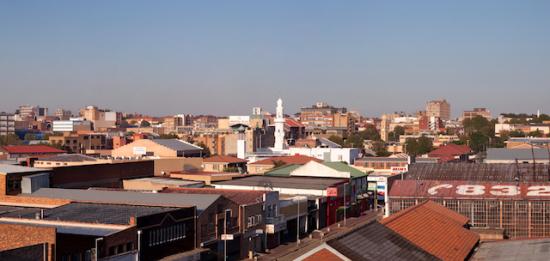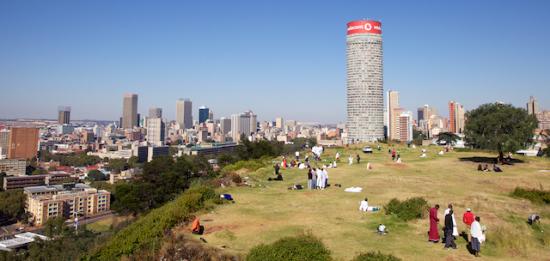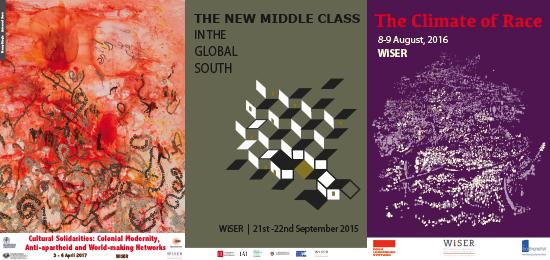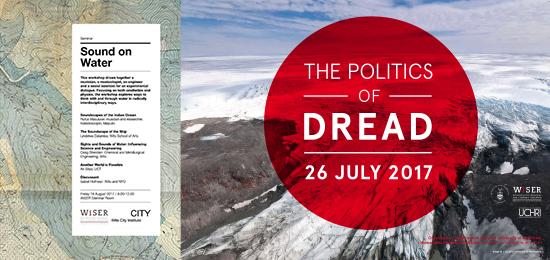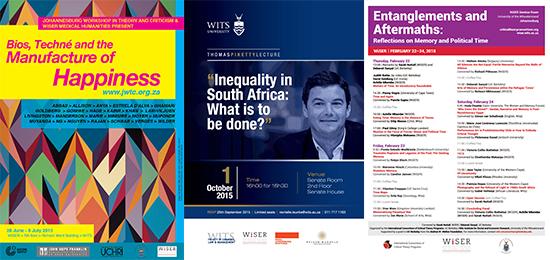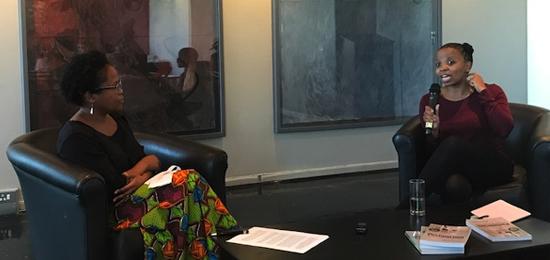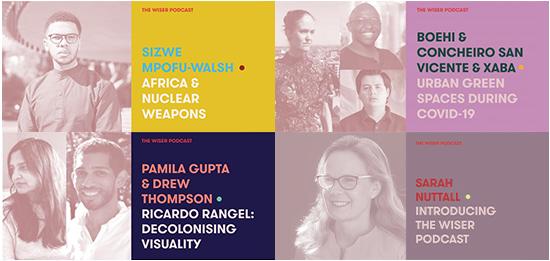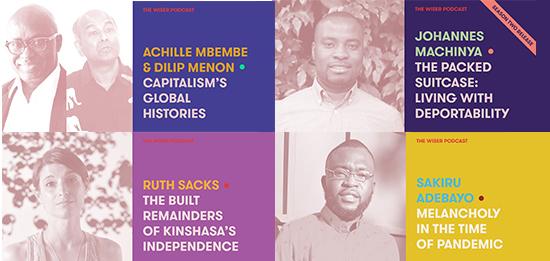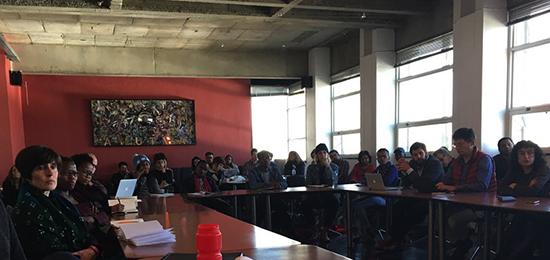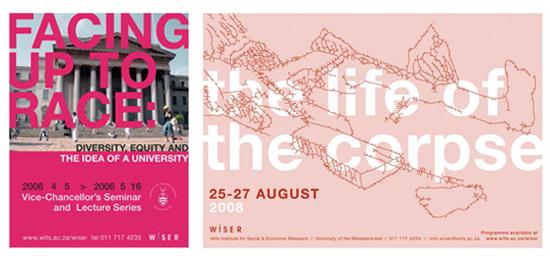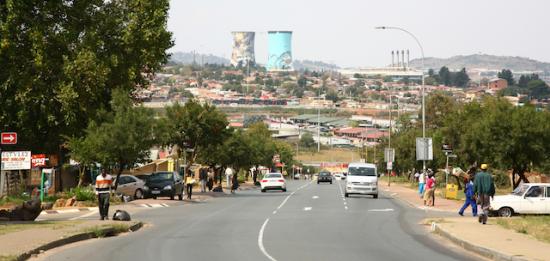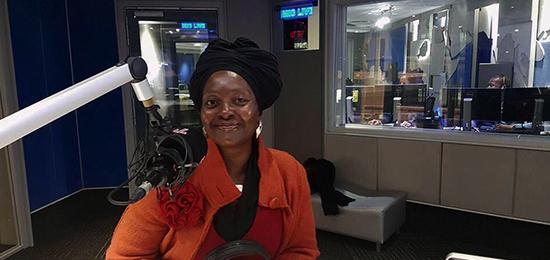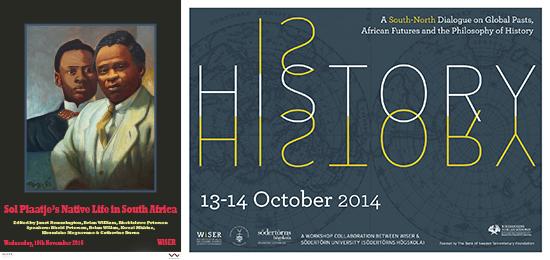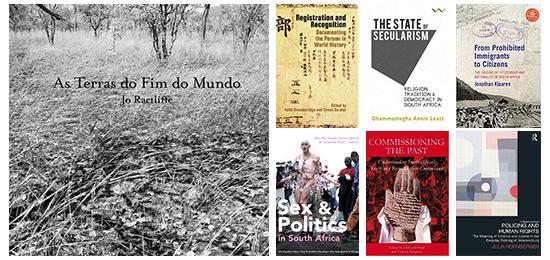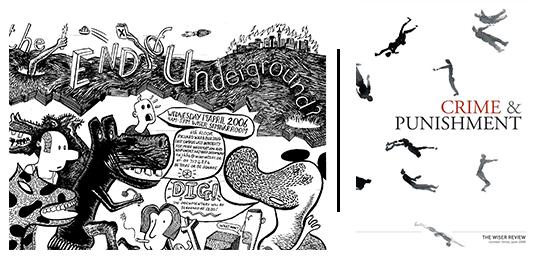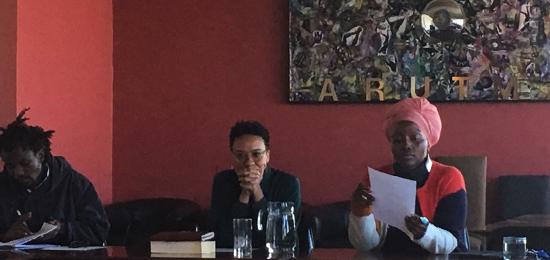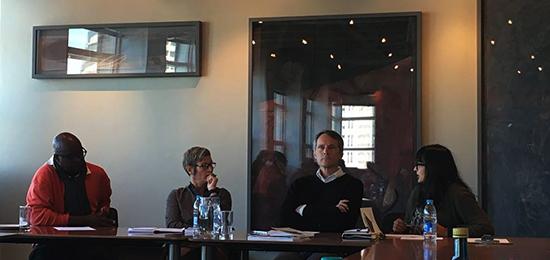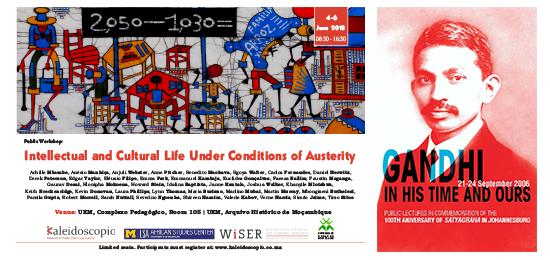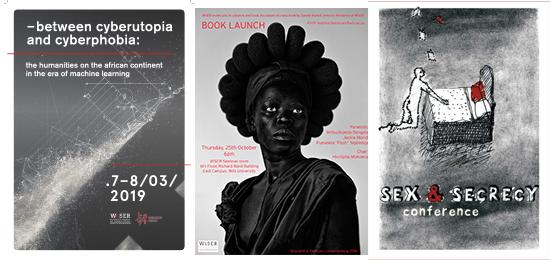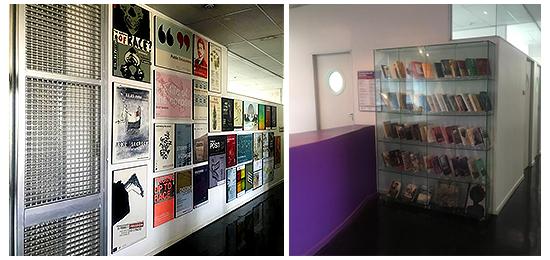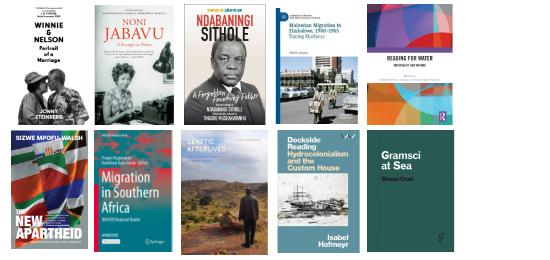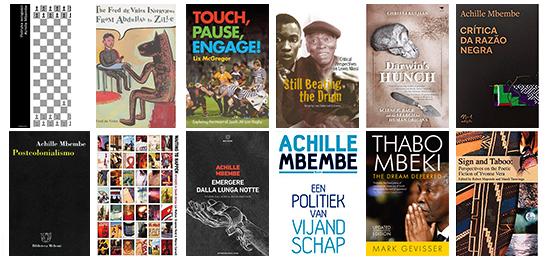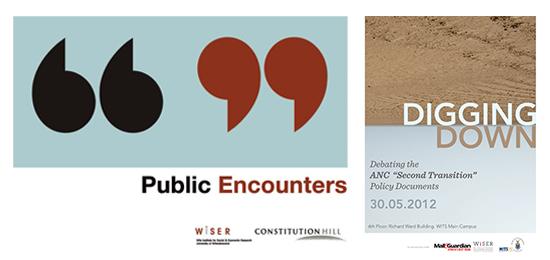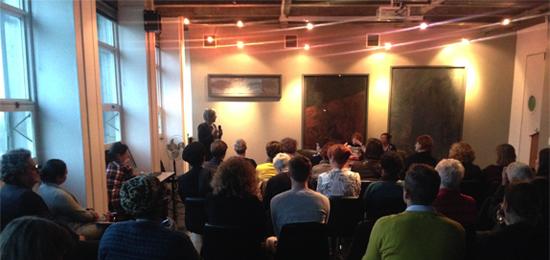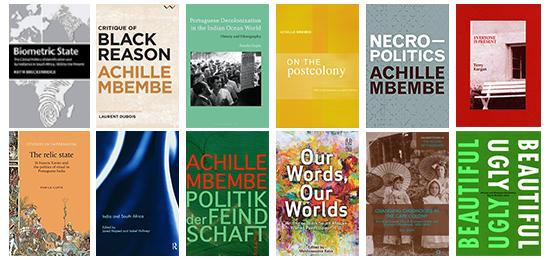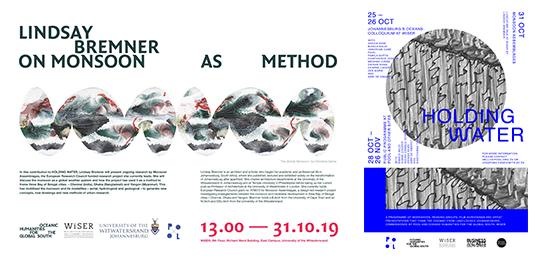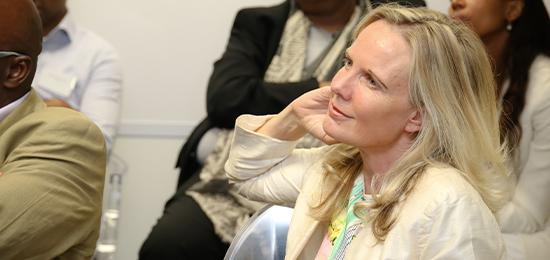Postdoctoral Fellowship on the theme of “Historical and Contemporary Expressions of Populism in Africa and Beyond”
University of Michigan African Studies Center (ASC) & The Wits Institute for Social and Economic Research (WiSER) at the University of the Witwatersrand
Call for Applications 2019-20
Postdoctoral Fellowship on the theme of “Historical and Contemporary Expressions of Populism in Africa and Beyond”
We are pleased to announce the 2018/2019 call for applications for a postdoctoral fellowship as part of the University of Michigan/University of the Witwatersrand collaboration “Joining Theory and Empiricism in the Making and Remaking of the African Humanities.” In conjunction with the thematic workshop on “Historical and Contemporary Expressions of Populism in Africa and Beyond” to be held in November 2019 in Ann Arbor, we are seeking a scholar whose work engages the thematic of populism, broadly conceived, with a regional focus on any part of Africa. The postdoctoral fellow will be given the opportunity to pursue his/her individual research project and is expected to participate in the organization of the November workshop. The first half of the postdoc period, from late August 2019 to late February 2020, will be spent in Ann Arbor, MI (USA); the second half, from March to August 2020, will be spent in Johannesburg (South Africa). In both places, the postdoctoral fellow will benefit from the resources and collegial atmosphere of the host universities.
About the workshop theme ““Historical and Contemporary Expressions of Populism in Africa and Beyond”
Populism has re-emerged across the globe, displaying multiple, left and right leaning variants and provoking complex engagements with the limits of liberal democracy. There is a new generation of populists on the African stage, offering contradictory and often disturbing visions regarding Africa’s future. These movements all share an explicit invocation of the people as the source of political authority and radical change, which, it is important to acknowledge, has a long and distinguished political history everywhere on the continent. Some, including Julius Malema and the Economic Freedom Fighters in South Africa, have re-imagined concepts and policies linked historically to theories on the left, while others, such as David Bahati and the anti-gay campaigners of Uganda, have advanced a deeply conservative and reactionary religiosity. These new forms of populism that are being expressed across the political spectrum invite careful analysis of the continuities and ruptures in African politics from the 20th to the 21st centuries, as well as the ways in which ideas and movements travel across national boundaries. Several contemporary populist movements are historically rooted in older movements on the continent, and those histories provide linguistic markers and affective registers for contemporary encounters. Yet the current brands of populism are also distinctive in their own right, rather than simply being a re-packaging and reiteration of national liberation. As in the 1950s and 60s—the era of decolonization—when newly independent African states were sometimes confronted with populist movements that challenged their technocratic and nationalist frames, the failures of postcolonial developmental projects have provoked contestations today. Moreover, in the 1970s, African dictators drew on new media—radio and television in particular—to define for their audiences new modes of political and cultural belonging. Social media today is different from that period in reach and in tone, but it has made possible the creation of new spaces and organisational forms for politics. For example, aided by social media, social movements, especially queer and feminist organisations, have escalated in intensity and appeal over the past several decades, and these also shape the contours of populism. Their aspirations and objectives significantly inform populist rhetoric, either acting as subjects of its many demands, or as the objects of derision.
This workshop will reflect on the cultural and political registers and infrastructures of populism in Africa (and elsewhere). What circumstances invite (some) people to see themselves as an oppressed majority? What work do authenticité and other nativist agendas do to clarify identities and marginalize minorities? What is the relationship between African forms of liberal democracy, and development in particular, and populism? Are populist movements opening up spaces for new forms of gendered political performances? Finally, what lessons can be learned from the past as African and American democracies together confront a renewed wave of nativist enthusiasm?
About the Mellon-funded U-M/WiSER Partnership, “Joining Theory and Empiricism in the Remaking of the African Humanities”
The University of Michigan’s African Studies Center (ASC) and the Wits Institute for Social and Economic Research (WiSER) at the University of the Witwatersrand are in the final stages of a seven-year program of activity entitled “Joining Theory and Empiricism in the Remaking of the African Humanities: A Transcontinental Collaboration.” The program—which is generously supported by the Andrew W. Mellon Foundation—has the goal of exposing scholars to the particular research philosophies—one theoretical, the other empirical—that are dominant in the universities of Southern Africa and North America. In the process we intend to strengthen and deepen collaboration in the study of the humanities at the universities of Michigan and the Witwatersrand. Our research projects in the context of this collaboration share three goals: first, to engage ambitious theoretical questions; second, to explore the boundary between the humanities and the social sciences; and third, to engage closely with the African continent in a manner that addresses an international scholarly audience. To date, we have organized 10 workshops (alternating between Johannesburg and Ann Arbor), on themes such as “Decolonizing Sites of Culture in Africa and Beyond,” “Intellectual and Cultural Life under Conditions of Austerity ,” and “The Filmic and the Photographic: African Visual Cultures.” The 11th workshop, on “Spatial Typologies” is currently being planned to take place in Johannesburg, in May 2019. These workshops have brought together over 300 scholars from 56 universities for in-depth discussion in the fields of the humanities and qualitative social sciences and have resulted in numerous new and ongoing collaborative projects, including edited volumes.
The 12th workshop, on ““Historical and Contemporary Expressions of Populism in Africa and Beyond”to be held November 2019 in Ann Arbor, will be the second for which we offer a postdoc fellowship for a young scholar whose work relates to the workshop theme.
Eligibility
Applicants should have obtained their doctorate within the last 10 years. We welcome applicants from various disciplinary backgrounds, such as Political Science, Sociology, History, Anthropology, Media Studies, and neighboring fields dealing with politics in the broadest sense and populism in particular. We are particularly interested in appointing a candidate whose scholarly career is grounded in an African university, and we therefore urge early career scholars based in Africa to apply.
Fellowships
The postdoctoral fellowship starts in late August 2019 and ends in August 2020. The first six months of the fellowship, from late August 2019 to late February 2020, will be spent at the University of Michigan in Ann Arbor (USA); the second half, from March to August 2020, will be spent at WiSER (Wits Institute for Social and Economic Research) at the University of the Witwatersrand in Johannesburg (South Africa). Postdoctoral fellows will receive a monthly stipend commensurate with the cost of living in Ann Arbor and Johannesburg, plus airfare to and from Ann Arbor and Johannesburg at the beginning and end of the fellowship period. Organizational support regarding visas, insurance, housing, etc. will also be provided.
Application Procedure
To apply, please send the following documents exclusively by e-mail as a combined PDF file:
— a curriculum vitae
— a project description (no longer than five pages)
— a sample of scholarly work (about 20 pages of an article, conference paper, or dissertation chapter)
— name of two referees (including email addresses)
The complete application should be submitted latest by 22 April 2019
and addressed to jflorusb@umich.edu
Successful candidates will be notified by May 1, 2019.

